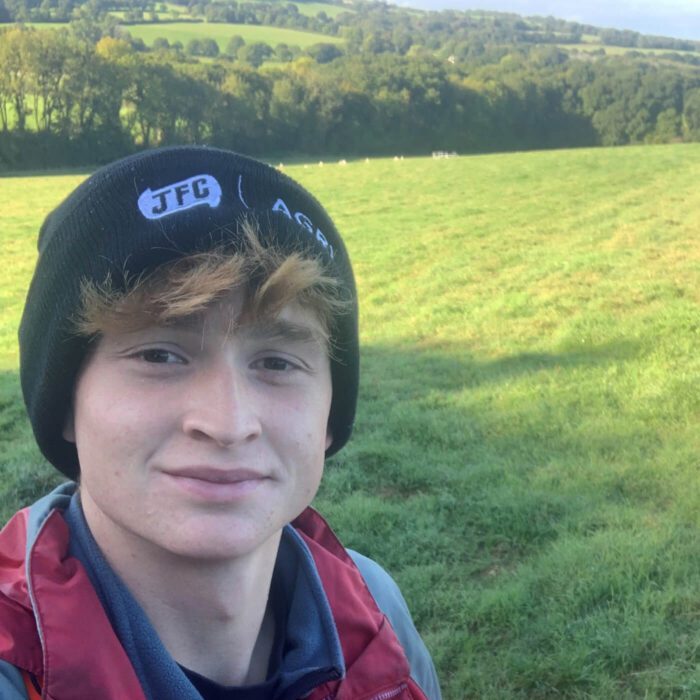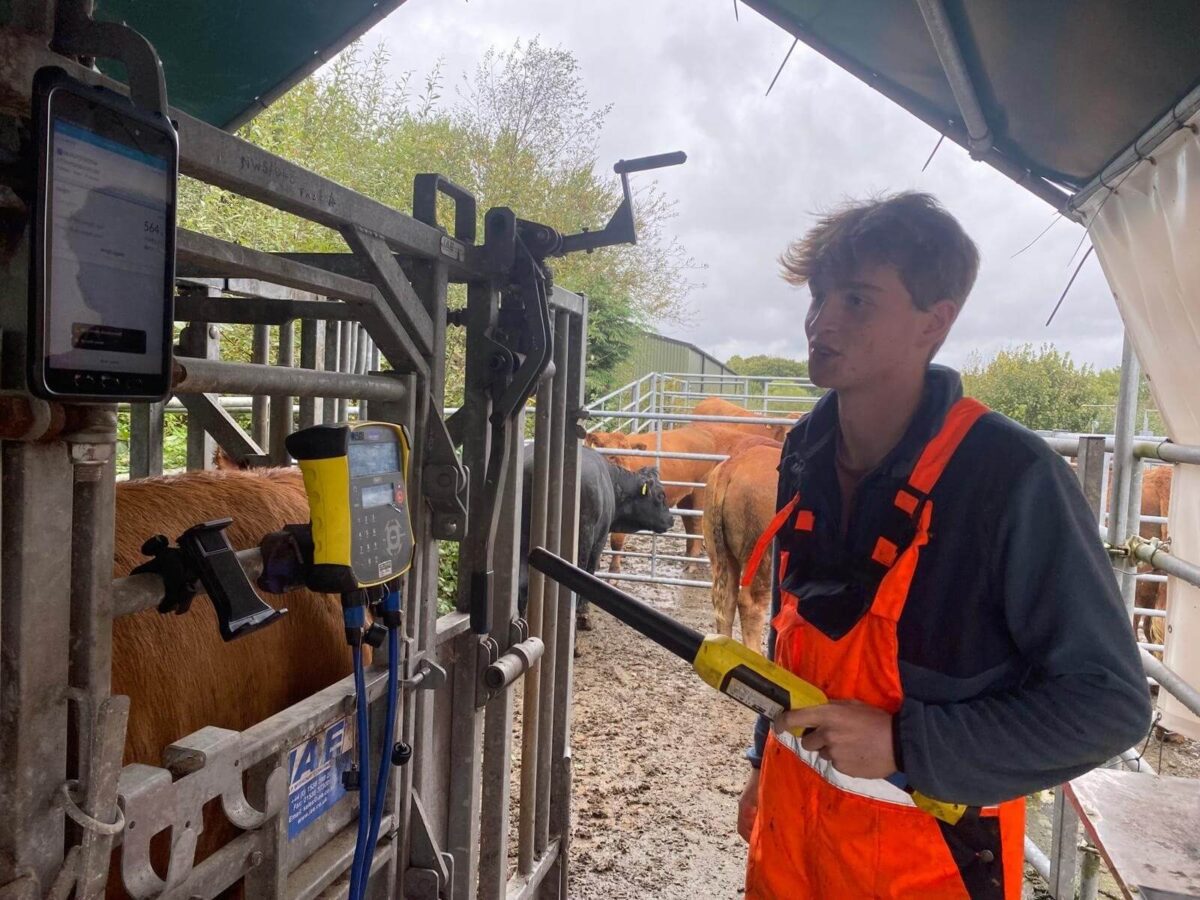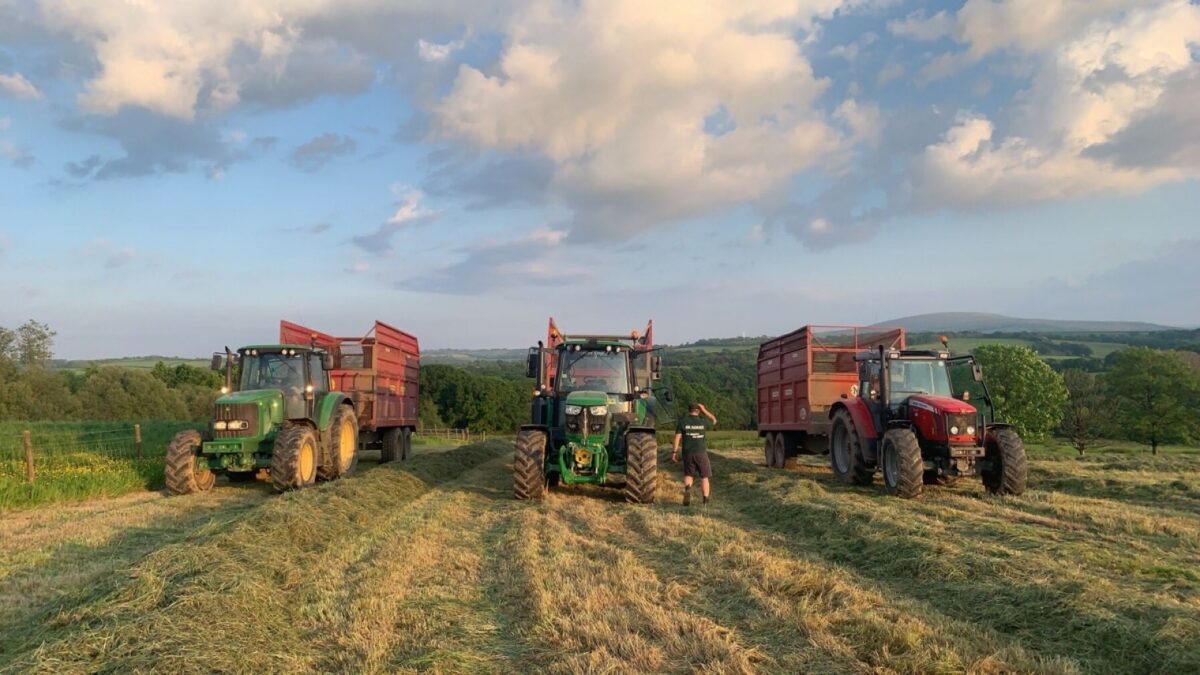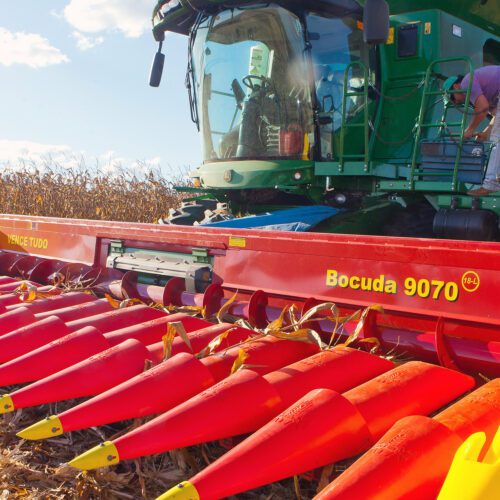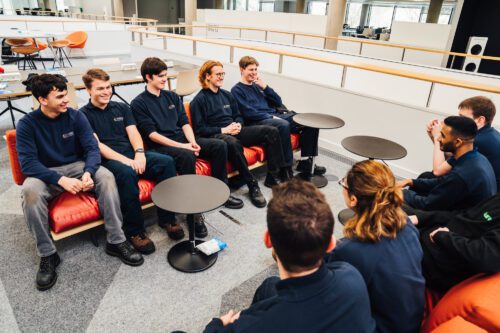The variety. I love that I don't really know what I'll be doing week to week. There's also great flexibility - if I fancy doing something more science-y, my managers will push me towards working with the scientists. If I want a week concentrating on the farm work, I can go out on the tractor and do more mainstream agricultural work. It's brilliant!
I mainly look after the day-to-day running of the farm and support research projects, looking at the sustainability of farming systems. My tasks range from animal welfare to machinery work and scientific tasks. For the scientific side, I take a lot of samples and record data, which is used in the research we carry out. I apply fertilisers to field experiments and record all of the data, collect forage samples of grass (which the cattle feed on) and even do wheat samples to check moisture levels. I also look after a project called Techno Graze, which studies the environmental effects of cell grazing for livestock, compared to continuous grazing, and looks at how this affects soil health, forage levels and livestock performance.
